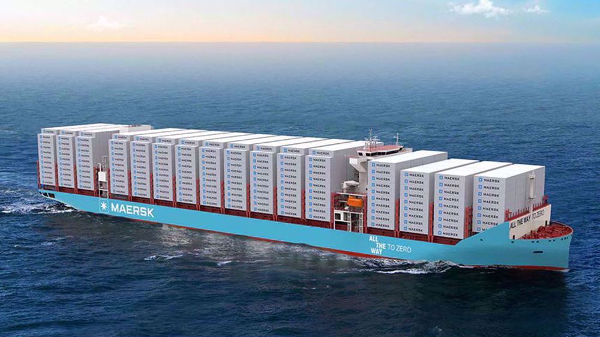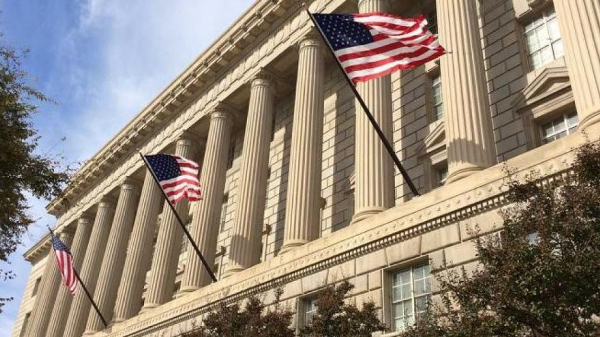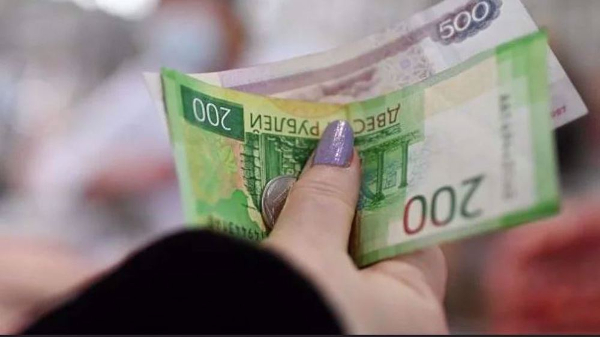Although a meeting on Wednesday in Islamabad was expected to see the contract for construction of the Trans-Afghanistan Pipeline (TAPI) project finalized, disagreement between negotiators from the government of Turkmenistan and the contract recipients prevented the deal's completion, once again leaving the promising project in limbo.
Despite the setback of Wednesday's unproductive meeting, Afghan officials remain optimistic about the TAPI project, which will see Turkmen natural gas funneled through Afghanistan and on to the larger consumer markets of Pakistan and India. They have expressed their commitment to seeing the project through as soon as possible.
At the meeting in Islamabad on Wednesday, it was decided that a consortium consisting of a French, Chinese and a Russian companies, under the leadership of France's TOTAL, would be given the contracts for the project. However, before any further steps could be taken, Turkmenistan objected to hiring the companies to build the section of the pipeline stretching from the Dawlat Abad gas field to the Afghan border. The Turkmen delegates argued their own government would be in charge of building that portion of the pipeline.
Representatives of the consortium of companies objected to the Turkmen proposal, citing the likely potential of their facing financial losses if such a large part of the project is taken off the table. They said it would only be worth taking the contract if they are being employed to implement the project in its entirety.
Pakistani officials said they hoped to see the project implemented by the consortium as a whole. "The selection of an international consortium is essential to implementing the gas pipeline, because the four countries have their own political, technical and security issues, and a single company can't implement the project, because it is a big project with 10 billion USD invested," Pakistani Oil and Gas Minister Shahid Khan Abbasi said.
Meanwhile, the Afghan Minister of Mines and Petroleum, Dawoud Shah Saba, said Afghanistan would simply like to see the project begin as soon as possible. "Afghanistan supports the two phases of implementation for the project and is ready to cooperate with India and Pakistan as consumers," Minister Saba said. "Afghanistan is concerned that the project may not start on its due date."
The TAPI project is expected to be a major boon for the Afghan economy, and the Economic Commission at the House of Representatives in Kabul has championed it. When complete, the pipeline would be capable of transferring 33 cubic meters of gas, with a predicted life-line of 30 thirty years. The pipeline would pass through Kandahar and onward to the Chaman area of Pakistan. Afghanistan will receive 400 million USD in revenue on an annual basis through transit fees associated with the pipeline and the gas it transfers to Pakistan and India.
LINK: https://www.ansarpress.com/english/3332































 South Korea may punish Tesla
South Korea may punish Tesla 




